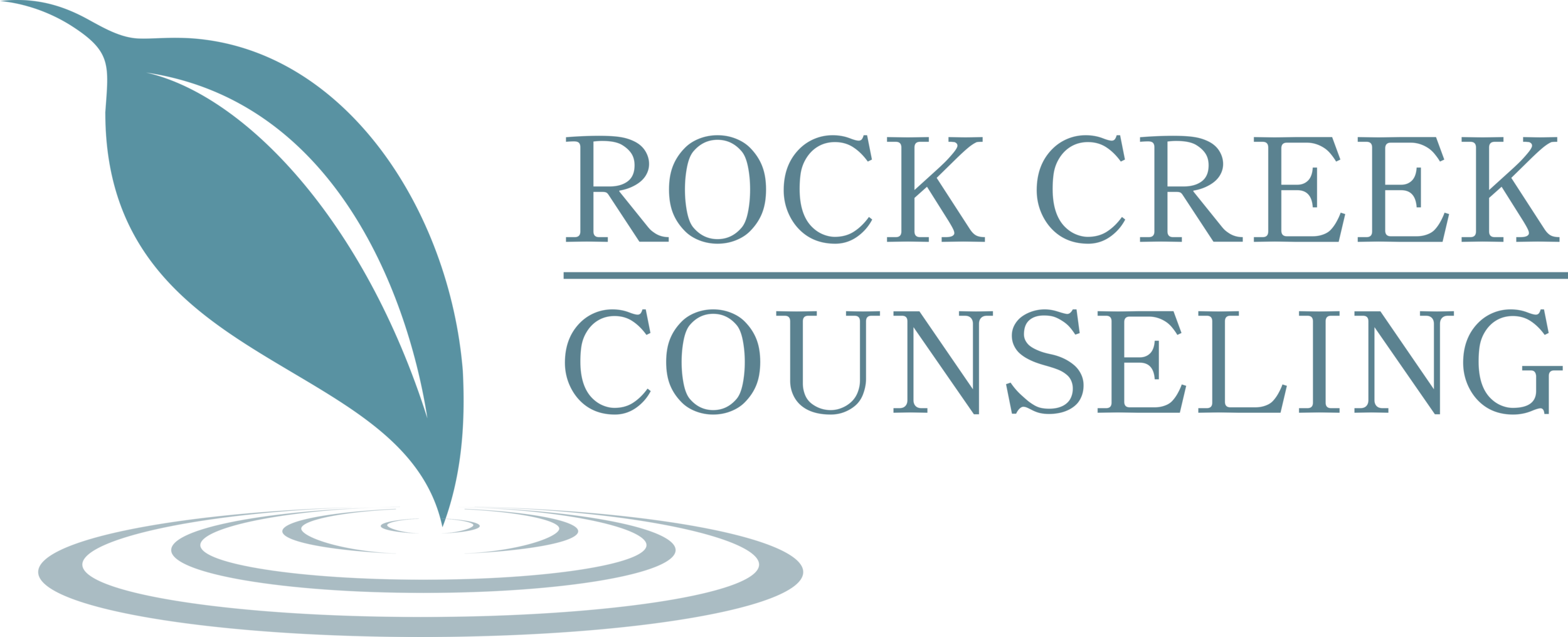
Rock Creek Counseling
8720 Georgia Ave, Suite 706
Silver Spring, MD 20910
E: appointments@rockcreekcounseling.com
P: 202-277-0609
8720 Georgia Ave is located in downtown Silver Spring. There is street parking around the neighborhood, as well as at the nearby Cameron St. garage.
If you are experiencing a mental health emergency, please call 911.
In Montgomery County, you can call the 24/7 mental health crisis hotline at 240-777-4000 or visit the 24/7 crisis walk-in center at the Midcounty Office Building 1301 Picard Dr, Rockville, MD 20850.
In DC, you can call the 24/7 mental health crisis hotline at 202-673-9319 or visit the 24/7 crisis walk-in center on the grounds of the old DC General Hospital 1905 E Street SE, Washington, DC 20003.
In Prince George's County, you can call the 24/7 Crisis Center by dialing 211.
Frequently Asked Questions
+ What kind of therapy does Rock Creek Counseling offer?
We offer an array of therapies, customized to each client and their unique needs. We will work with you to design a care plan that makes sense for you!
+ Does Rock Creek Counseling take insurance?
We are an out-of-network provider for all insurance plans. We will provide a superbill for you to file an out of network claim with your insurance provider. To find out about your out of network coverage, ask your insurance provider about coverage for billing codes 90791, 90834, and 90837.
+ What can I expect in my first session?
Your first session is a meet and greet. You will get to meet your provider face to face and share what brings you to therapy. Your therapist will be an active listener and ask some questions. You will discuss a diagnosis, treatment options, and a plan for how therapy can help. It is up to you to decide if you want to continue on and schedule ongoing therapy.
+ How long is a course of therapy?
There is no one standard duration of therapy. A course of therapy is as unique as the person seeking it. It is up to you to decide when to end your therapy. Some people have a small problem that resolves in a short time, others need ongoing support. There is no one "right" way to do therapy.
+ When will I feel better?
It can be hard to predict when a person will feel better because each person's situation is unique. When you feel better depends on a lot of variables. We're taught through popular media that change happens in moments of intense inspiration - the lightening bolt moment. IN reality, while moments like these happen, they are rare. For most people, change is gradual. So gradual that they don't always realize it's happening. Most people will look back and realize they're doing much better than they were before, but are unsure how or when that happened.

